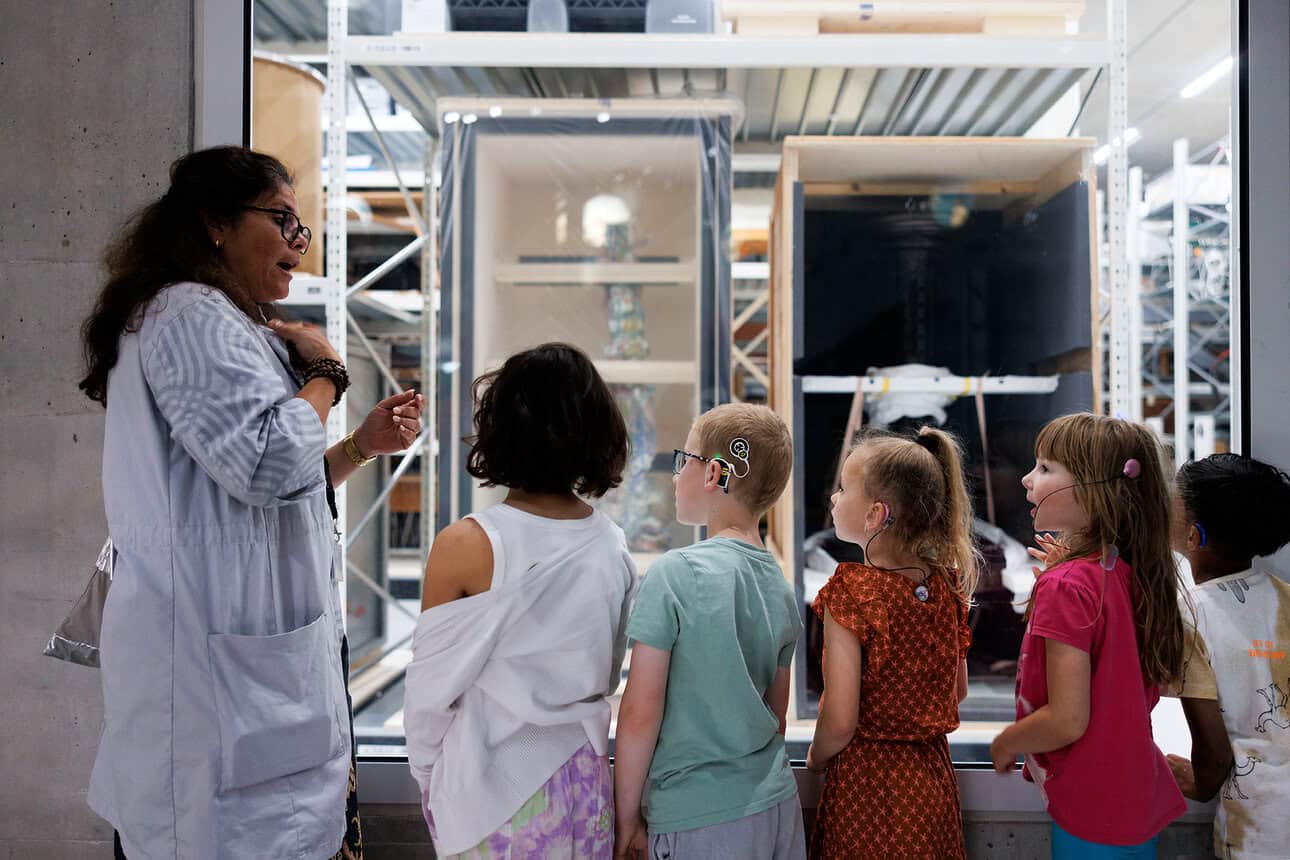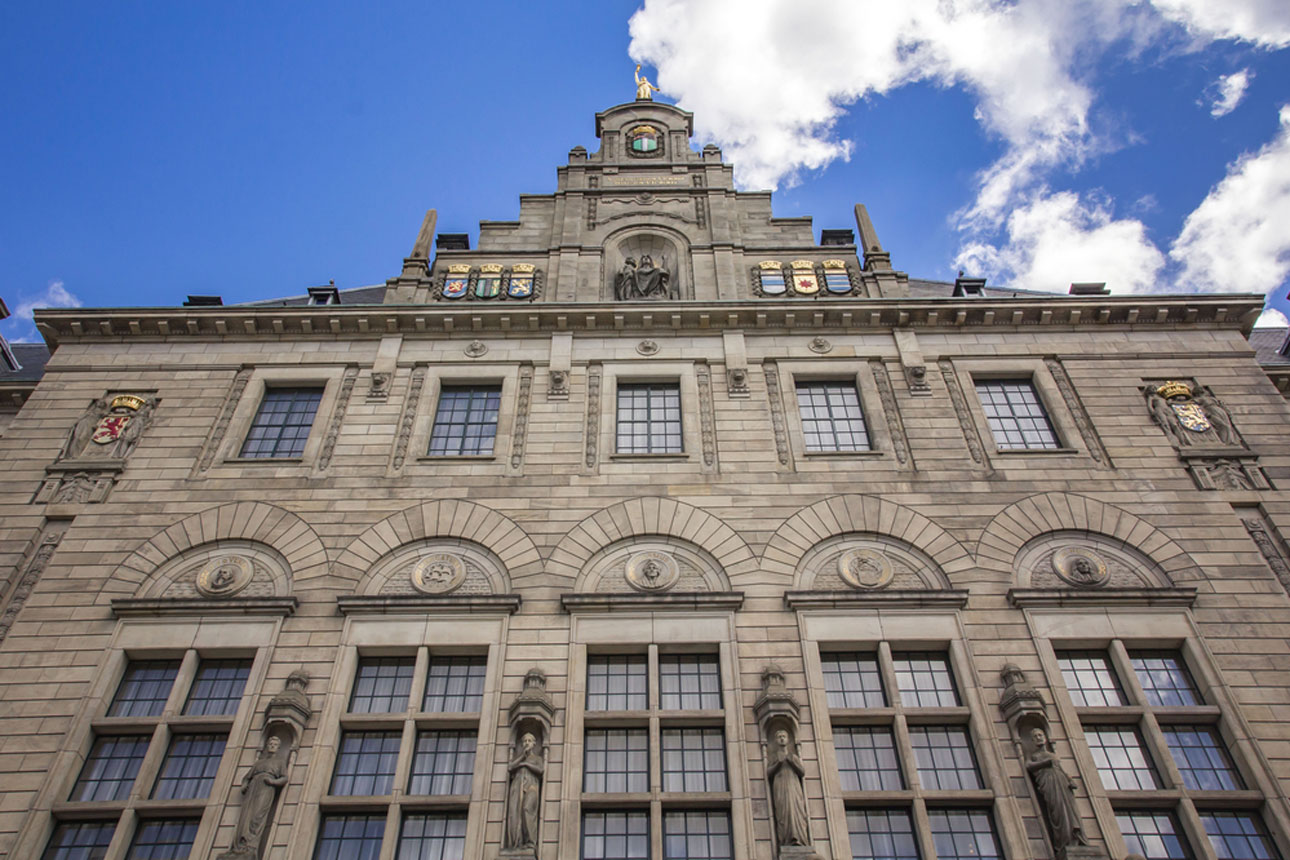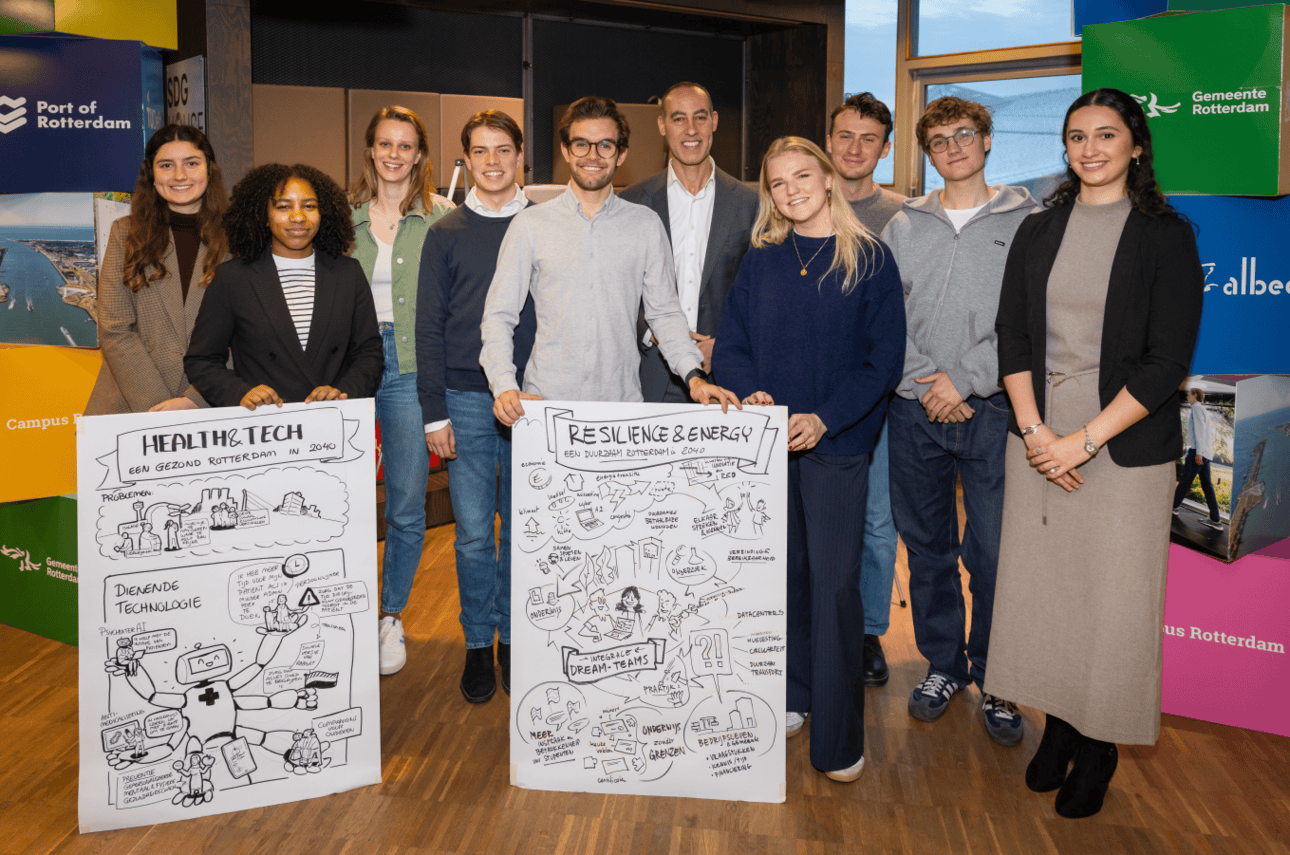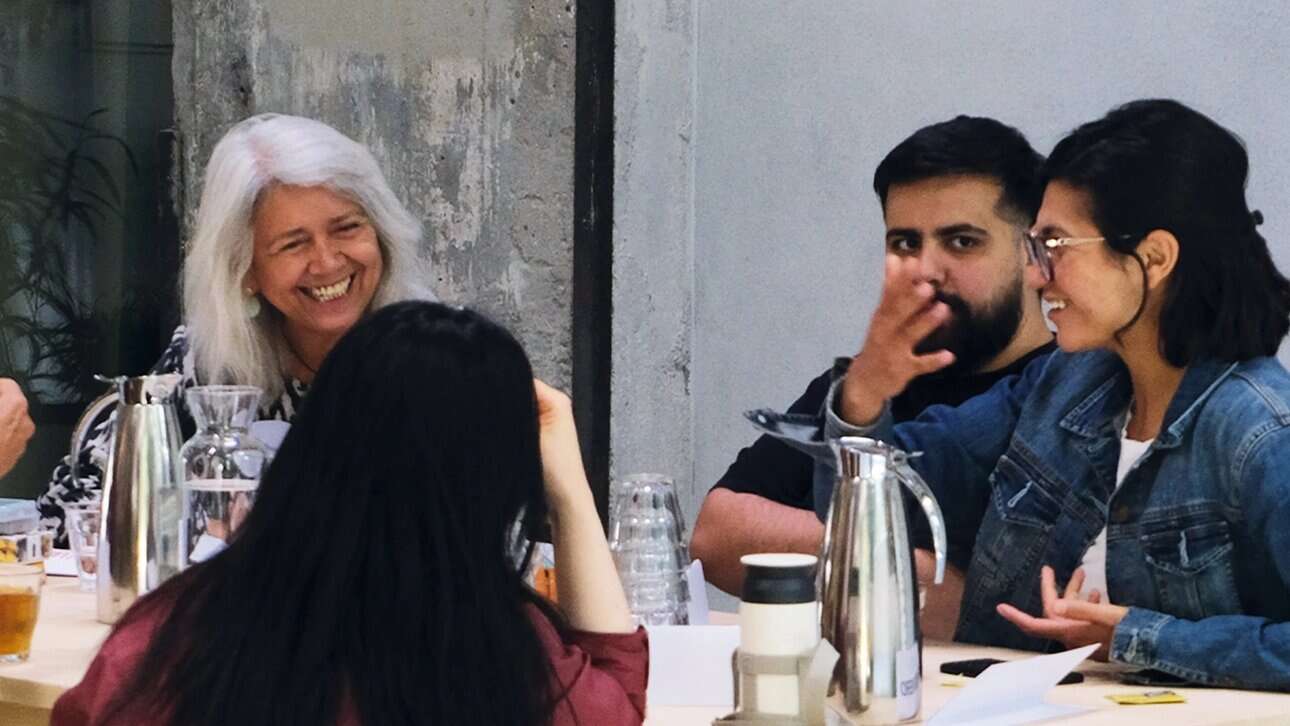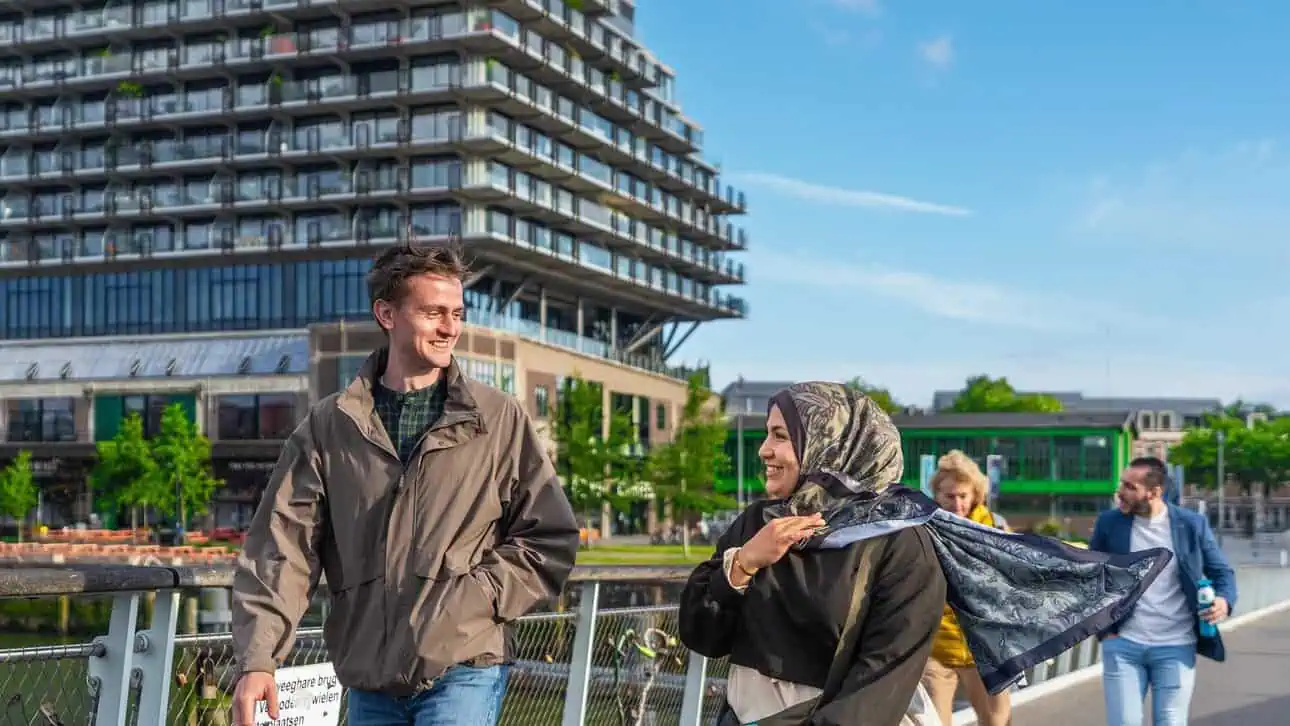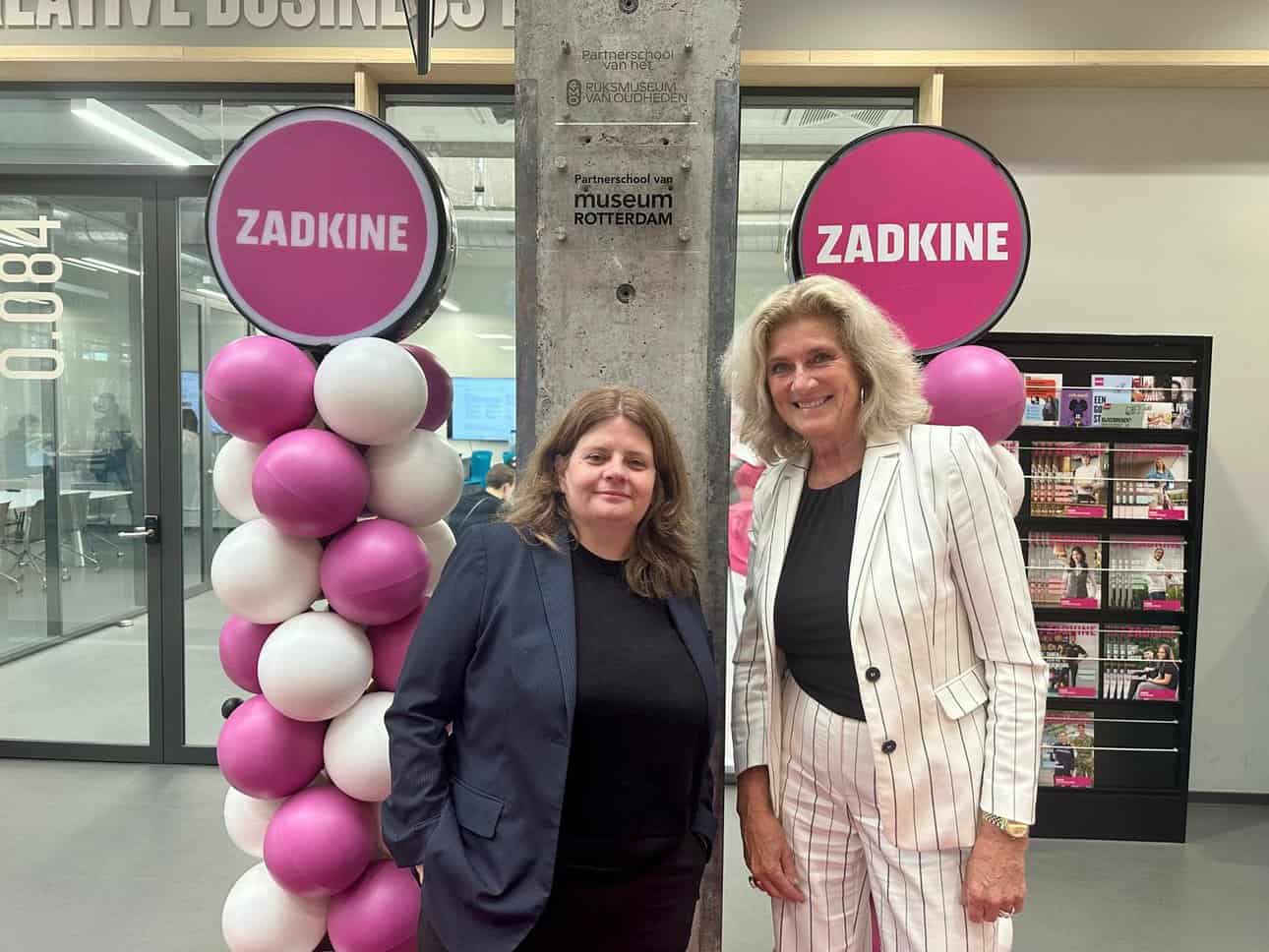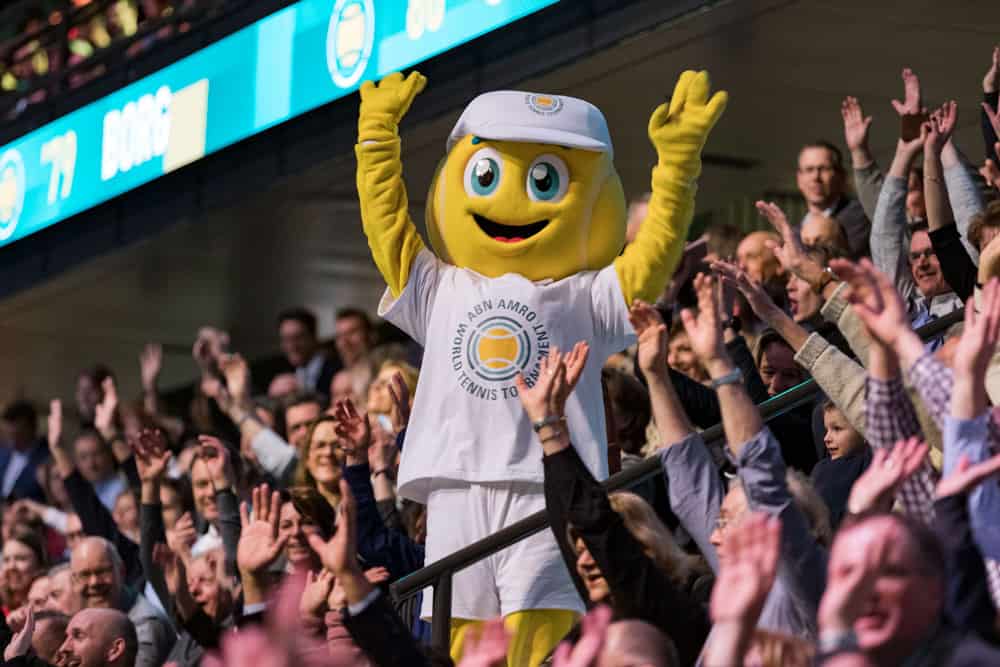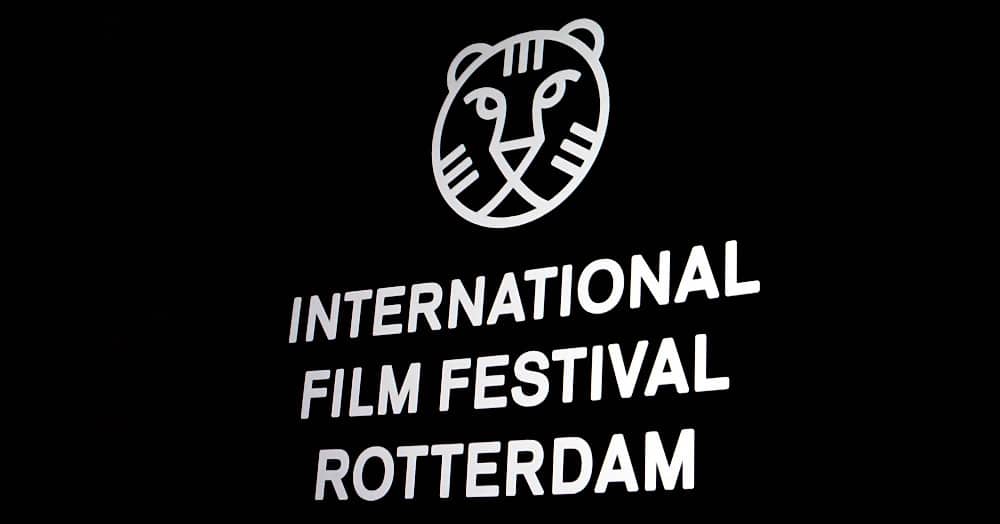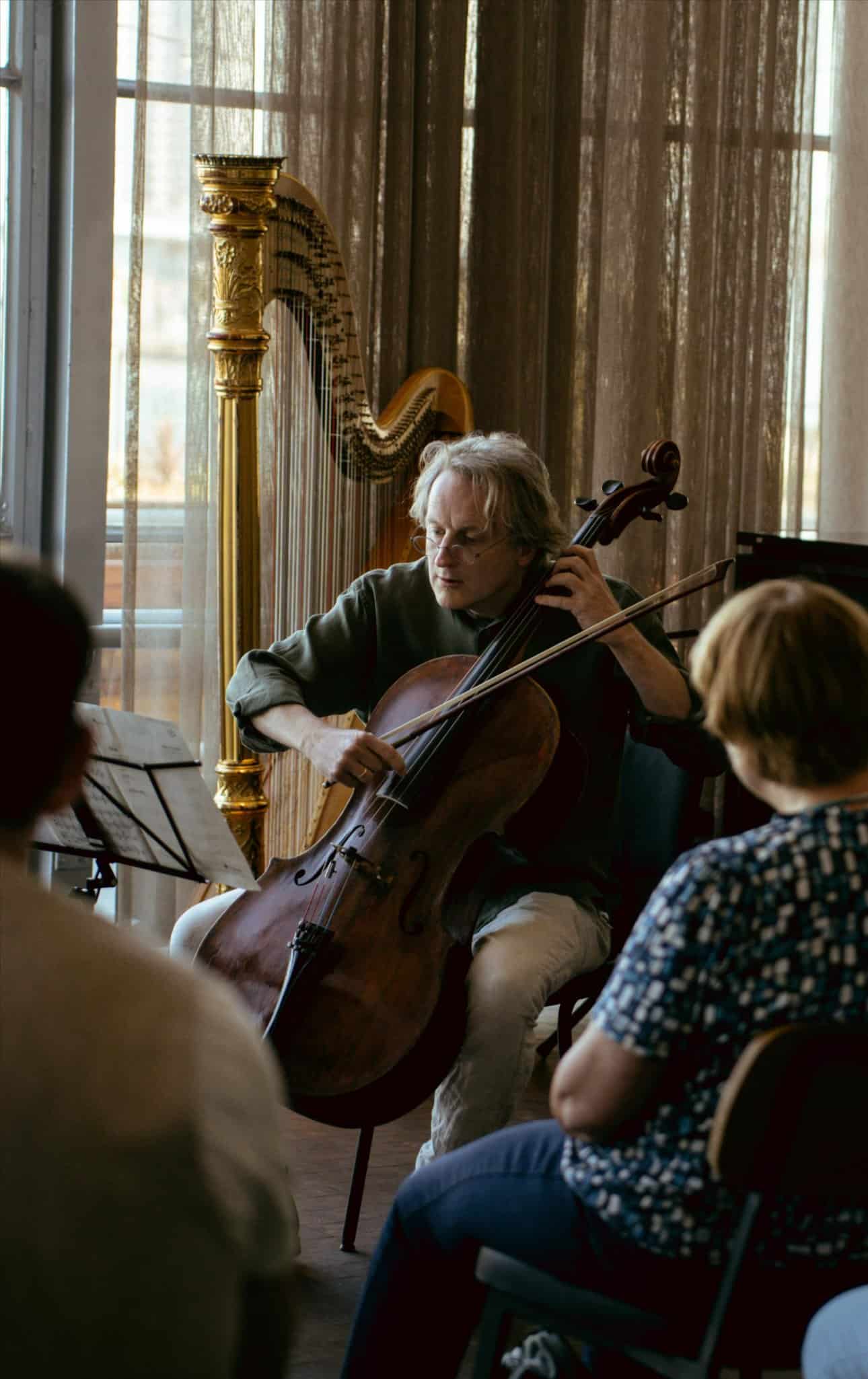ROTTERDAM, 31 October 2025 – KCR Rotterdam will host Het levende essay on Thursday, 13 November at De Fruitvis, bringing research on four years of cultural education (Cultuureducatie met Kwaliteit – CmK3) to life through stories, data, and dialogue. The event explores how long-term cultural education impacts pupils, teachers, and artists in Rotterdam’s schools.
Image: Polanoschool vs Boijmans. Photo: Aad Hoogendoorn
Led by writer and presenter Abdelkader Benali, the evening will combine performance, reflection, and discussion to showcase what sustained collaboration in arts education can mean for civic engagement, language development, and craftsmanship — the three pillars of the CmK programme.
Understanding the impact of cultural education
Between February and July 2025, KCR conducted an extensive study on the effects of fifteen multi-year KunstPakt projects within CmK3, part of the national Cultuureducatie met Kwaliteit initiative (2021–2024). The research shows that cultural education enhances pupils’ creativity, self-confidence, and sense of ownership, while also improving language skills and resilience. Teachers observed lasting changes in attitude and behaviour, and cultural partners reported a stronger educational role within schools.
“That cultural education contributes to the development of children and young people is clear,” said a teacher and cultural coordinator. “By measuring impact, we also learn why it works and what it takes to make it happen.”
From data to story: Het levende essay
The programme of Het levende essay will present the research findings through storytelling, conversation, and artistic contributions. Visitors can attend three sessions on civic engagement, craftsmanship, and the joy of language, featuring Rotterdam’s city poet Benzokarim, artist Merel Smitt, and storyteller Sahand Sahebdivani.
The evening concludes with the short film Vier jaar CmK3 and a live essay performance that brings all insights together into one narrative about cultural education in Rotterdam.
Why this matters
The research demonstrates that the value of cultural education lies not only in numbers but in deeper shifts in how pupils observe, think, and act. KCR developed a practice-based impact model grounded in interviews, document analysis, and data, resulting in practical indicators for schools and cultural partners. These will support continued improvement and equal opportunities in the next phase, CmK4 (2025–2028).
In a time of budget pressure on both education and the cultural sector, the findings serve as a reminder that cultural education is not a luxury but a foundation for equal opportunities and broad personal development.
KCR director Liesbeth Levy stated: “Assessing the impact of cultural education in a superdiverse city requires a qualitative and responsive approach. Cultural policy and teaching interventions carry different meanings for pupils, teachers, and parents. By collecting and connecting these stories, we arrive at a richer understanding of reality. It is KCR’s role to translate that richness into a living dialogue — and this publication aims to start that conversation.”
Event details
Date: Thursday, 13 November 2025
Time: 19:00–22:00 (doors open at 19:00)
Location: De Fruitvis, Rotterdam

